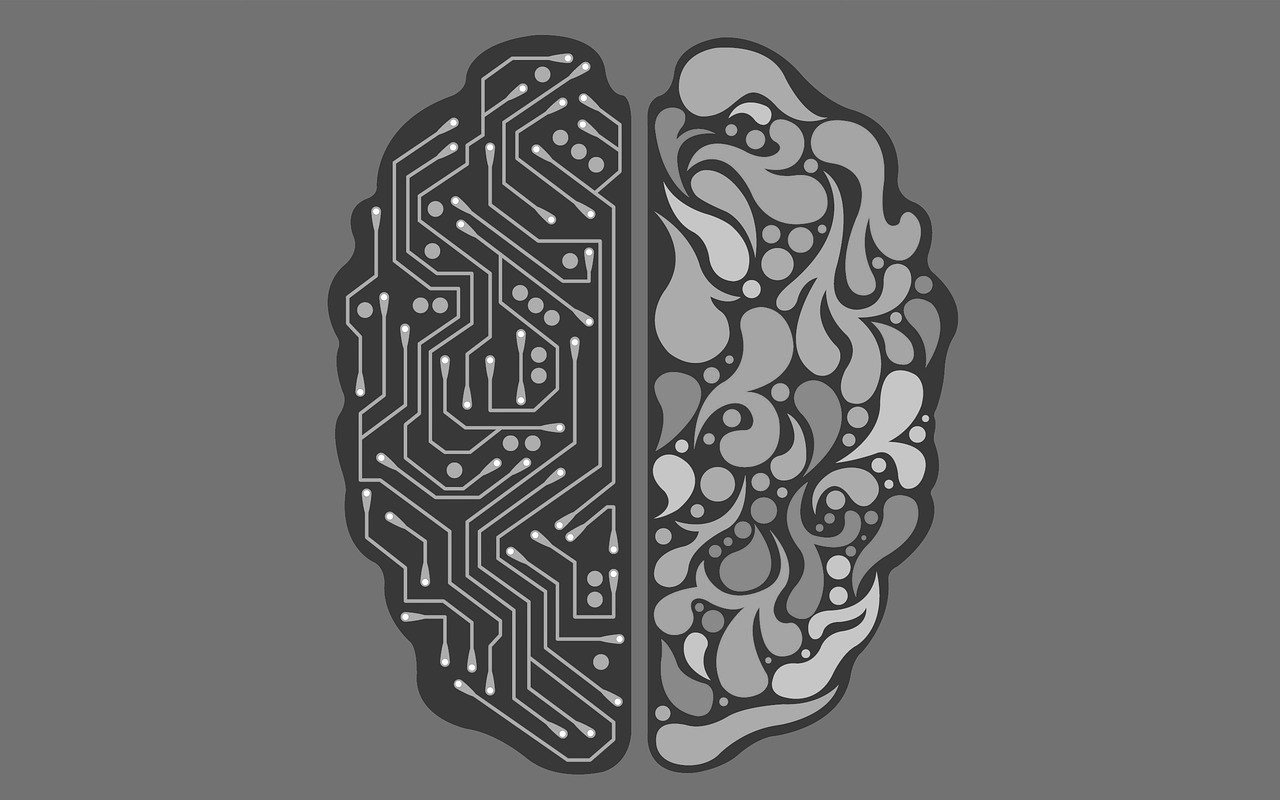Artificial Intelligence (AI): A field of computer science that aims to create machines that can perform tasks that normally require human intelligence, such as recognizing speech, understanding natural language, and making decisions.
Artificial Intelligence: Powering the Future of Innovation and Transformation
Introduction
From the realm of science fiction to an everyday reality, Artificial Intelligence (AI) is now a pivotal component of our lives. Revolutionizing industries and reshaping societal structures, AI stands as a beacon of change and progress in the 21st century.
Artificial Intelligence: An Overview
Artificial Intelligence, at its core, is a discipline within computer science that designs machines to mimic human intelligence processes. These processes can include learning, reasoning, problem-solving, perception, and language understanding. AI can be broadly divided into Narrow AI, which is designed to perform a specific task such as voice recognition, and General AI, which is capable of performing any intellectual task a human can do.
AI: The Silent Revolution
The impacts of AI are omnipresent, transcending the confines of technology and permeating our daily lives. From personalized content recommendations on digital platforms to voice-activated assistants like Siri and Alexa, AI is fundamentally transforming our interactions with technology.
Industrially, AI is a transformative force across sectors. In healthcare, it facilitates advanced diagnostics and personalized patient care. In finance, AI powers predictive market analytics, fraud detection, and automated trading systems. It’s also revolutionizing education through adaptive learning platforms and efficient administrative tools.
The Road Ahead: Opportunities and Challenges
The horizon of AI brims with potential. Visions of AI-led scientific discoveries, smart cities, bespoke education, and space exploration are fast becoming plausible scenarios.
However, the AI revolution is not without its challenges. Concerns around job automation, ethical dilemmas in AI decision-making, data privacy issues, and potential misuse of AI are substantial hurdles. These challenges necessitate a robust ethical and regulatory framework to guide the development and use of AI.
Conclusion
As we forge ahead into the era of Artificial Intelligence, it is crucial to remember that AI is a tool designed to augment human capabilities, not to replace them. With the right approach and due diligence, AI has the potential to drive unprecedented growth and progress.
The AI revolution is here. By embracing it with careful optimism and foresight, we can harness its power to redefine our future – a future marked by intelligent solutions, heightened efficiency, and remarkable innovation.

